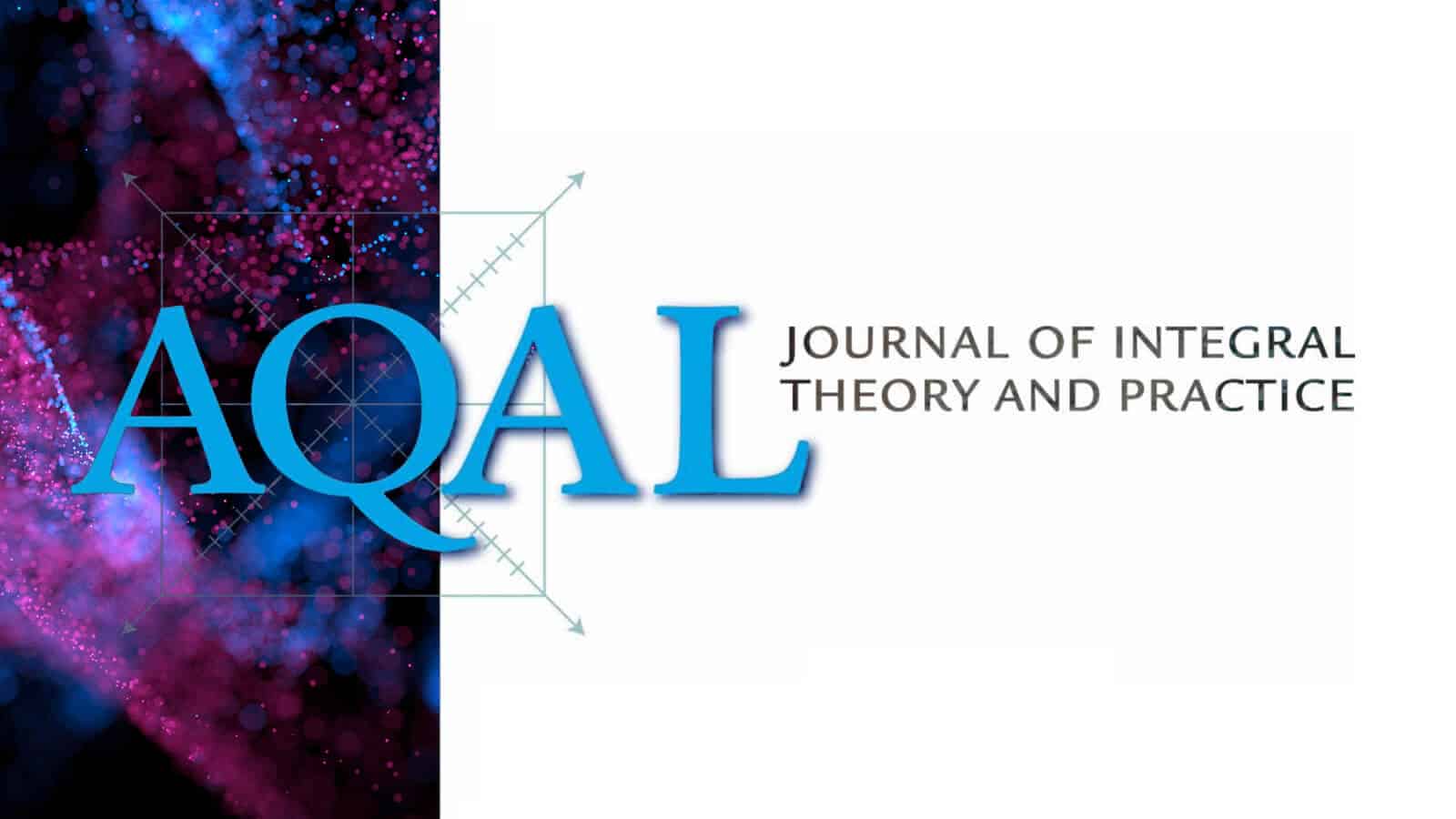This essay introduces a methodology for Integral Science called Integral Methodological Pluralism (IMP). Tracing the development of epistemological and ontological relationships in the writings of Ken Wilber, the paper demonstrates how such a methodology might be applied. I consider Wilber’s elucidations of three core principles of valid knowledge (injunction, apprehension, and consensual validation) along with three essential elements of an IMP (nonexclusion, enfoldment, and enactment).
Introduction
In an earlier work, I made an effort to guide the construction of a “living laboratory” of Integral Science. I identified the essential elements of design, data, and methodology (along with the Integral scientists themselves), though I only explored the design element in detail. This work begins where the last left off, with a look at the data and methodologies involved in Integral Science.
Critical to forming an adequate Integral Science are the elucidation of valid data and the identification of methodologies that produce or illumine that data. Data is a basic substrate of our experience, a foundation for our inferences, models, laws, and theories. Thus, what we choose to accept as data immediately impacts what we accept as foundational elements of our Science. If data do not register in our awareness, we can hardly account for it in our Science: we cannot make use of data if we cannot “see” it in the first place; we cannot figure out how data are related if we have excluded it from the start. One cannot work with data which one does not cognize. So, this is our first challenge: how do we gather as complete a data set as possible so that we might construct the best, most complete structures for our Science?
Gathering data is a matter of method. Method is essentially a “doing”: we do something to enact an experience. And that experience is precisely what I am calling data. Generally speaking, the more methods we can include, the merrier (i.e., the less likely we will miss something of importance). In pursuing our data, however, we have certain limitations to contend with. We have limited time and resources, there are methods that we will chose not to pursue, and we have to make sense of the data at some point. We also know that all data are not created equal—some data are more valid than other and we will need to adjudicate which data are more approximately true than others. And this presents our second challenge: which guidance system—which methodology—will best aid us in selecting solid methods, judging the validity of data, and organizing our data in a coherent framework?
So, we have two tasks. The first is an investigation of data: what it is, how it is structured, how do we get it? And the second task, closely related to the first, is an investigation of a methodology adequate to our data collections—a methodology that allows for sound cognitive judgments befitting an Integral Science.
This article is one part overview and one part reconstruction. The overview consists of exploring a series of Ken Wilber’s writings on data and methodology that delineate elements of what Wilber has called an Integral Methodological Pluralism. The reconstruction consists of an attempt to further elucidate and trace these elements as they appear in the development of Wilber’s thoughts on data and methodology.
We will look at the core elements of Integral Methodological Pluralism and thereafter proceed to the first two chapters of Ken Wilber’s work Eye to Eye: The Quest for the New Paradigm, a pair of essays that identify three methodological principles common to all valid knowledge and the structure of data as illumined by these principles.4 These essays are precursors to Wilber’s later writings and are important in their own right. They are, in addition, somewhat “fused” in their articulation and accordingly can be used to illustrate a way of preserving what are key elements still in use in his current writing while negating what are partially correct or erroneous conclusions. In keeping with this, I will translate some of the terminology and ideas found in these essays into a language more consistent with Wilber’s recent work.5 But first, Integral Methodological Pluralism.
You must log in to your Integral Life membership account in order to access this Journal article.
Become a member today to access this Journal article and support the global emergence of Integral consciousness
Membership benefits include:
Premium Content
Receive full access to weekly conversations hosted by leading thinkers

Journal Library
Receive full access to the growing Journal of Integral Theory & Practice library

Live Experiences
Stay connected by participating in Integral Life live events and discussions
Courses & Products
Get unlimited 20% discount off all products and courses from our friends and partners

Free Bonus Gifts
Download The Integral Vision eBook by Ken Wilber (worth $19 on Amazon) & The Ken Wilber Biography Series

Support of the movement
Support our mission of educating and spreading integral consciousness that is more critical than at any time in its history
About Kurt Koller
KURT KOLLER lives with his wife and three children in Bothell, Washington and works at Pacific Science Center in Seattle, Washington.


